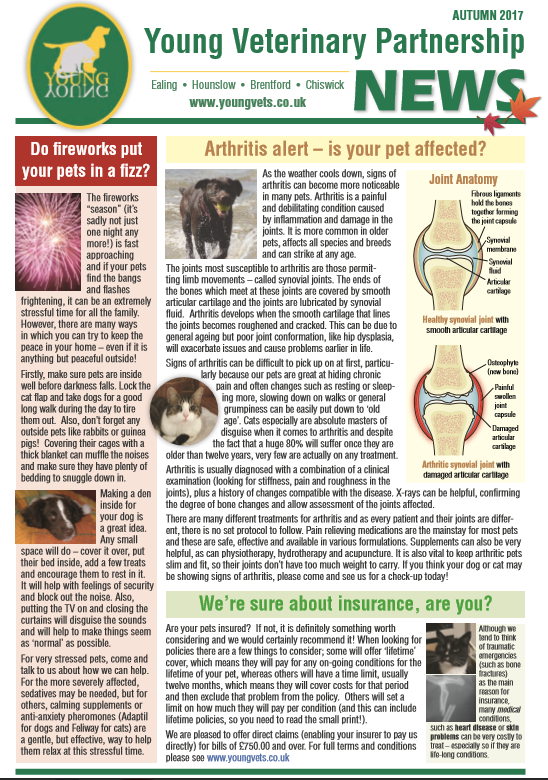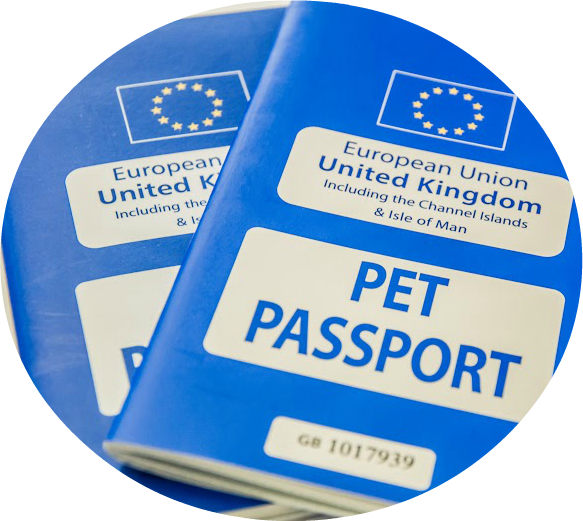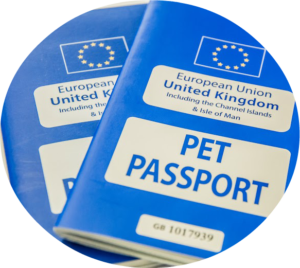Our Autumn Newsletter has arrived, read it here!
Parasite alert!
Continue to treat your pets against parasites and come and talk to us about how to protect your home as well. Read our Autumn NEWSLETTER to learn more about Harvest mites and ticks, that thrive in your home once the heating is turned on. Pets should be checked daily for ticks and if found they should be removed promptly with a specially designed tick remover.
Toxic Alert!
Make sure you keep anti freeze well out of reach of your pets and clean up any spillages. Cats find anti freeze very tasty despite the fact that it is toxic! If you suspect your pet may of tasted anti freeze, even the smallest amount, make sure you bring them to us immediately.
A word in your ear!
Read our NEWSLETTER to learn the signs of ear disease, and watch out for in your pet. Infections can have many different triggers including objects getting into the ear canal, allergies, excessive wetness after swimming and ear mites. To prevent or reduce ear infections it is important to identify the cause and start treatment as soon as possible.
Arthritis alert – Is your pet affected?
Have you noticed your older pet slowing down lately? Have you just put this down to old age or have you thought about pet arthritis, its a lore more common than you may think! Arthritis can become more noticeable during the cooler months, it affects all species and breeds and can strike at any age. Read our NEWSLETTER to understand the signs to watch out for, particularly in your cat as they are masters of hiding pain. There are many different treatment options available and as every pet is different,we follow no set protocol. Contact our friendly team if you suspect you pet may be suffering.




